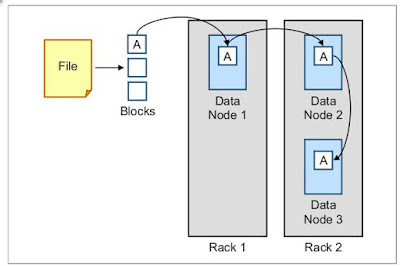The Impact of Big Data on AI in Retail: Revolutionizing the Shopping Experience
Introduction:
Have you ever wondered how retail giants can predict your shopping preferences and tailor their offerings to meet your needs? The answer lies in the powerful combination of big data and artificial intelligence (AI). In an era where customer experience is paramount, big data and AI are transforming the retail landscape, enabling businesses to optimize operations, personalize marketing, and enhance overall efficiency. This article explores the profound impact of big data on AI in retail, highlighting how these technologies are revolutionizing the shopping experience for consumers and retailers alike.
Body:
Section 1: Understanding Big Data and AI in Retail
Big data refers to the vast volumes of structured and unstructured data generated by various sources, including customer interactions, transactions, and social media activities. AI leverages this data to make intelligent decisions, automate processes, and provide insights that drive business growth. In retail, AI algorithms analyze big data to understand customer behavior, preferences, and trends, enabling retailers to make data-driven decisions.
Section 2: Key Impacts of Big Data on AI in Retail
- Personalized Customer Experience: AI-powered big data analytics enable retailers to deliver hyper-personalized experiences by analyzing individual customer data. This includes personalized recommendations, targeted marketing campaigns, and tailored promotions, enhancing customer satisfaction and loyalty.
- Optimized Inventory Management: By analyzing purchasing patterns and demand forecasts, AI can optimize inventory management, reducing overstock and stockouts. This ensures that retailers maintain the right product mix to meet customer demands efficiently.
- Enhanced Pricing Strategies: Big data allows AI to analyze competitor pricing, market trends, and customer behavior to develop dynamic pricing strategies. This helps retailers stay competitive while maximizing profits.
- Improved Customer Insights: AI-driven big data analytics provide retailers with deep insights into customer preferences, enabling them to refine their product offerings and marketing strategies. This leads to better engagement and higher conversion rates.
- Operational Efficiency: AI can automate various retail processes, such as order fulfillment, customer service, and supply chain management, improving operational efficiency and reducing costs.
Section 3: Real-World Examples of Big Data and AI in Retail
- H&M: The retailer employs data scientists and analysts to review purchasing patterns and tailor store assortments. This data-driven approach helps H&M optimize inventory and cater to local customer preferences.
- Alibaba's Smart Glasses: AI-powered smart glasses provide real-time information and assistance, enhancing the shopping experience for customers and helping retailers gather valuable data on in-store behavior.
- IBM's AI Solutions: IBM's AI algorithms analyze customer behavior to provide personalized recommendations and targeted marketing, creating a more engaging shopping experience.
Conclusion:
The integration of big data and AI in retail is revolutionizing the industry, providing retailers with the tools to deliver exceptional customer experiences, optimize operations, and stay competitive in a rapidly evolving market. By harnessing the power of big data, AI enables retailers to make informed decisions, automate processes, and personalize interactions, ultimately driving business growth and customer loyalty. The future of retail is undoubtedly shaped by the intelligent use of big data and AI, promising a more efficient, personalized, and engaging shopping experience for all.




Comments
Post a Comment